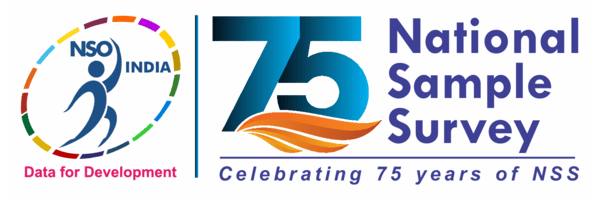| Value | Category | Cases | |
|---|---|---|---|
| 01 | general course (upto class X) | 81510 |
86.2%
|
| 02 | arts/humanities | 6263 |
6.6%
|
| 03 | science | 2636 |
2.8%
|
| 04 | commerce | 1654 |
1.7%
|
| 05 | medicine | 124 |
0.1%
|
| 06 | engineering | 595 |
0.6%
|
| 07 | agriculture | 46 |
0%
|
| 08 | law | 47 |
0%
|
| 10 | management | 151 |
0.2%
|
| 11 | education | 139 |
0.1%
|
| 12 | chartered accountancy and similar courses | 40 |
0%
|
| 13 | IT/computer courses: at basic level | 72 |
0.1%
|
| 14 | IT/computer courses : With minimum entry requirement second | 418 |
0.4%
|
| 15 | IT/computer courses : With minimum entry requirement graduat | 275 |
0.3%
|
| 16 | IT/computer courses : With minimum entry requirement post g | 38 |
0%
|
| 17 | IT/computer courses, others | 53 |
0.1%
|
| 18 | vocational | 257 |
0.3%
|
| 19 | others | 201 |
0.2%
|

